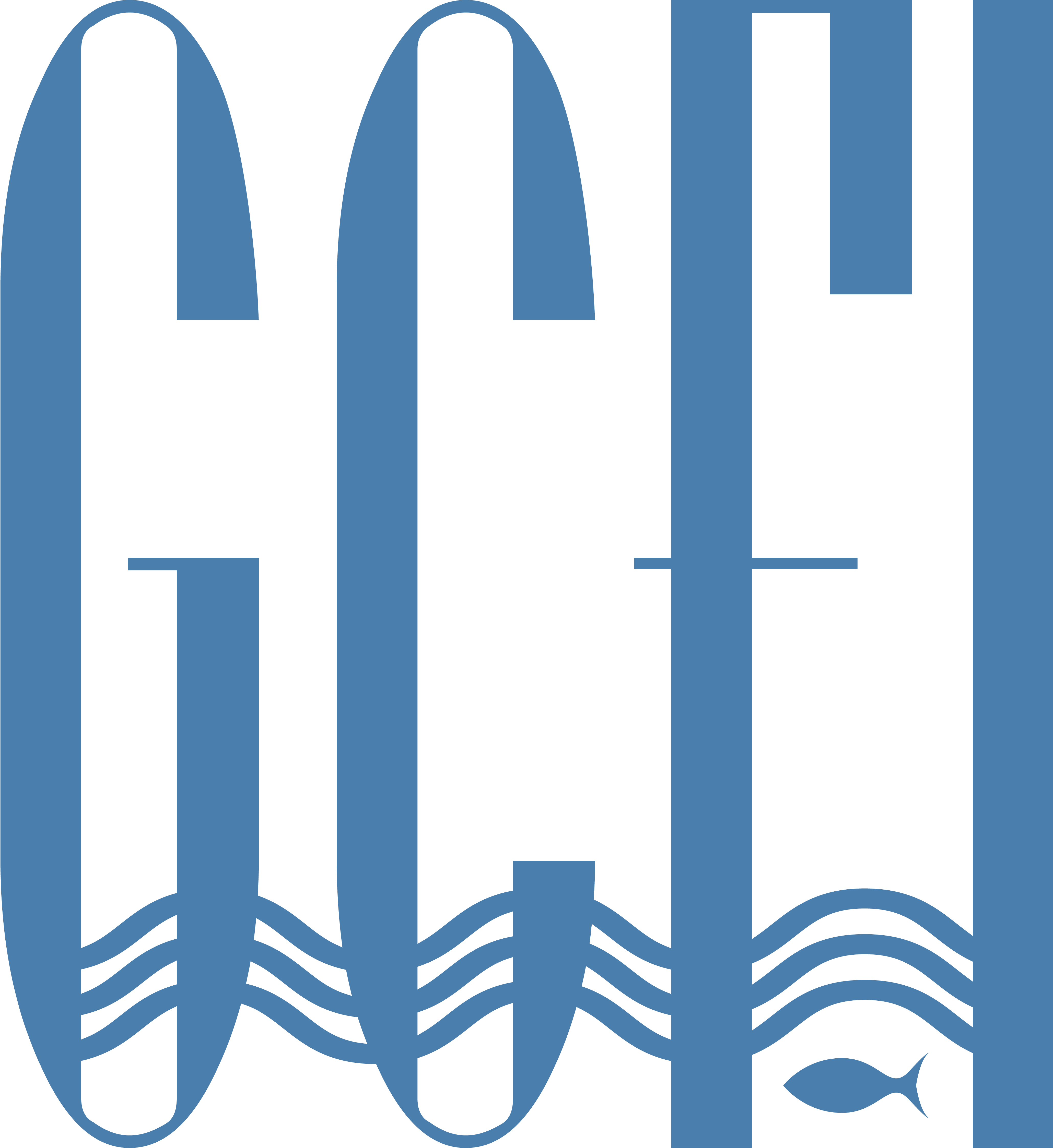Home > GCR > Vol. 30 > Iss. 1 (2019)
Alternate Title
Chasing Nutrients and Algal Blooms in Gulf and Caribbean Waters: A Personal Story
Document Type
Ocean Reflections
Abstract
Over the past 5 decades, coastal waters have experienced unprecedented global change, including widespread eutrophication, harmful algal blooms (HAB), dead zones, and loss of biodiversity. During this period, I have studied the effects of nutrients (N, P) on HAB dynamics in tropical seagrass and coral reef ecosystems. Important findings that emerged from my research include: 1) a primary role of anthropogenic nitrogen (N) relative to phosphorus (P) as a driving factor in algal blooms and coastal eutrophication; 2) altered N:P stoichiometry that results in greater P—limitation and metabolic stress in reef corals; 3) recognition that macroalgal blooms be considered as a type of HAB because of their increasingly negative impacts on oceans and human health; and 4) mitigation of anthropogenic N inputs can increase resiliency of seagrass and coral reef ecosystems relative to population growth and climate change. Major developments during the research involved the use of computers and software; EAN NITROX, dive computers, and high resolution underwater video to make SCUBA surveys safer and more effective; analysis of stable nitrogen isotopes, sucralose, and other human tracers to discriminate between natural and anthropogenic N sources; and satellite remote sensing to better monitor the large—scale HAB phenomena. My research sparked considerable debate about the root cause(s) of algal blooms on Caribbean coral reefs, as several senior coral reef biologists had concluded this problem was caused solely by the reduction of reef grazers. Since 2011, the massive Sargassum influx to the Caribbean region appears to be a eutrophication response to increasing nutrients in the tropical Atlantic Ocean and is now considered the largest HAB on the planet. Going forward, early career scientists need to extend research on declining coastal ecosystem health to upland watersheds to better understand and mitigate nutrient pollution at its source(s) to enhance resilience of seagrass and coral reef ecosystems to climate change.
First Page
xvi
Last Page
xxx
DOI Link
Brian Lapointe Biography
Recommended Citation
Lapointe, B. E.
2019.
Chasing Nutrients and Algal Blooms in Gulf and Caribbean Waters: A Personal Story.
Gulf and Caribbean Research
30
(1):
xvi-xxx.
Retrieved from https://aquila.usm.edu/gcr/vol30/iss1/12
DOI: https://doi.org/10.18785/gcr.3001.10





